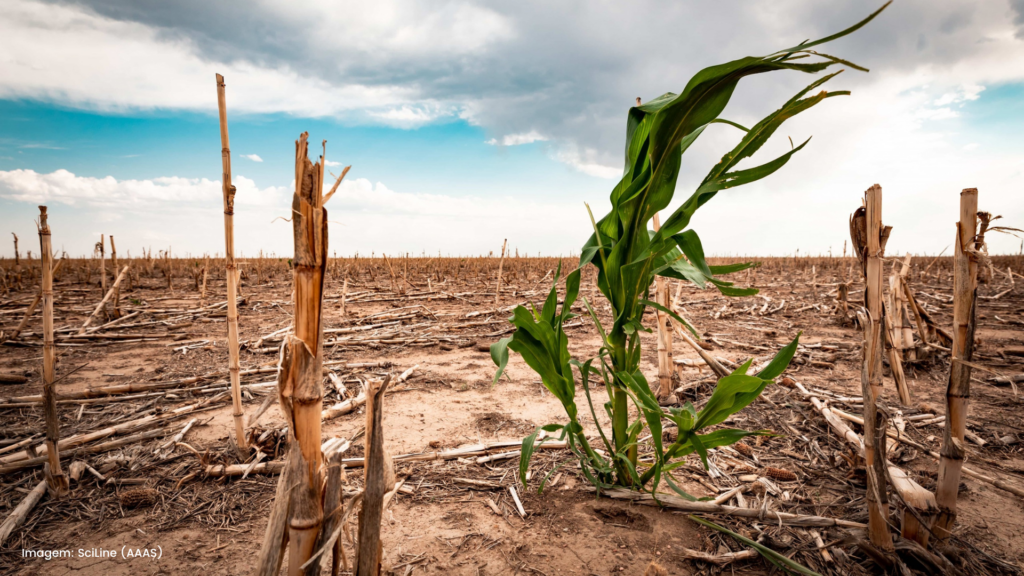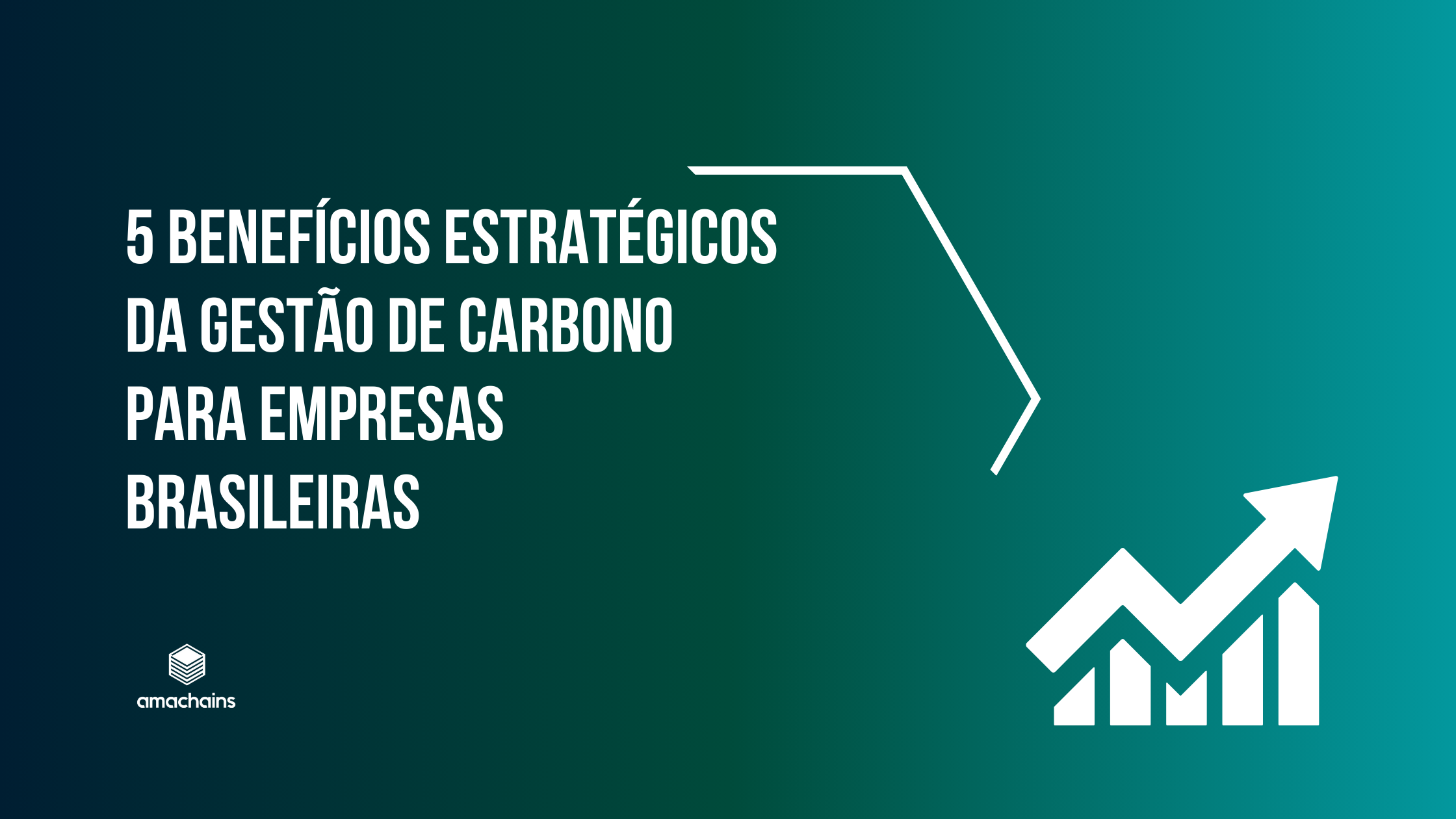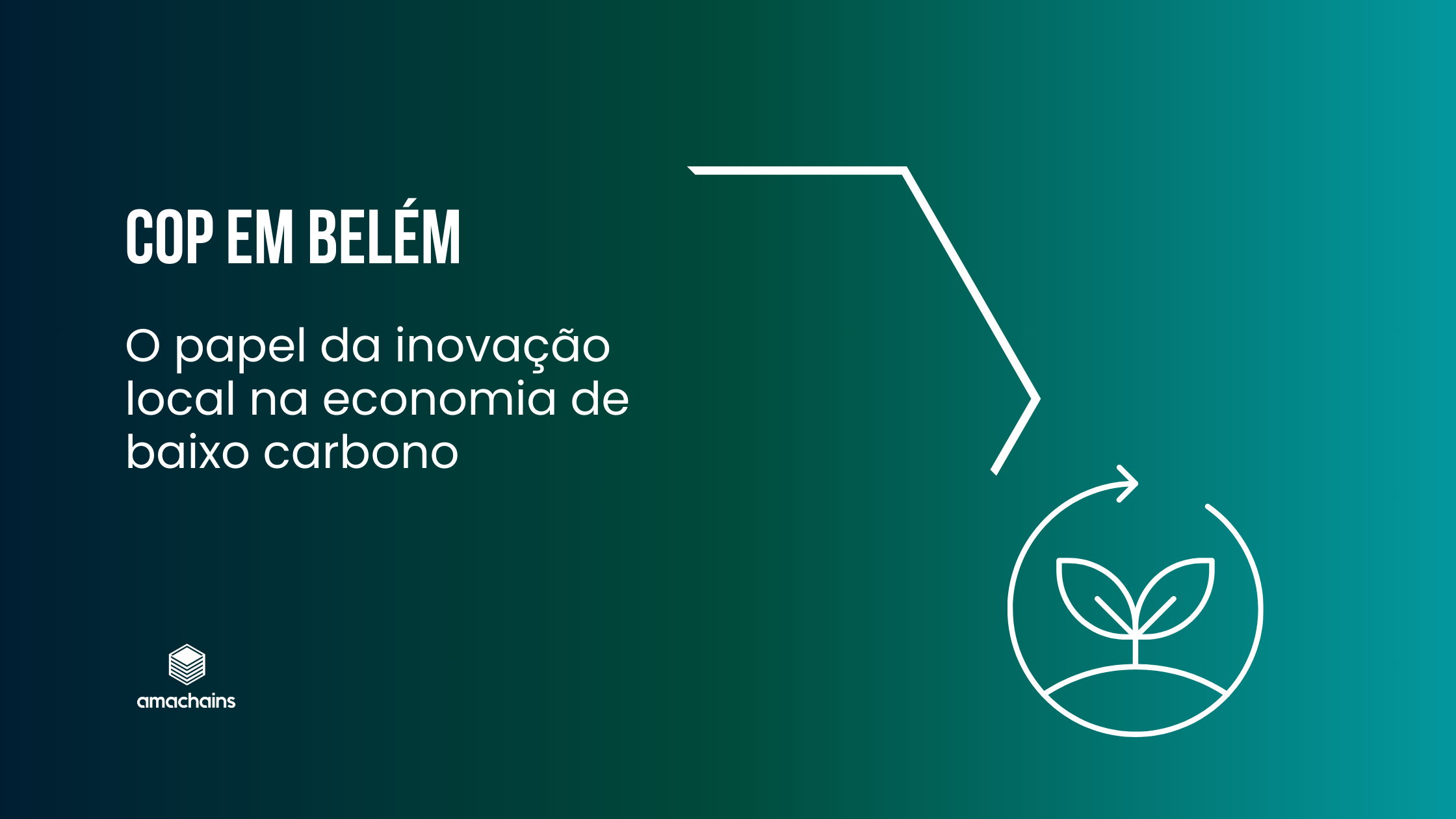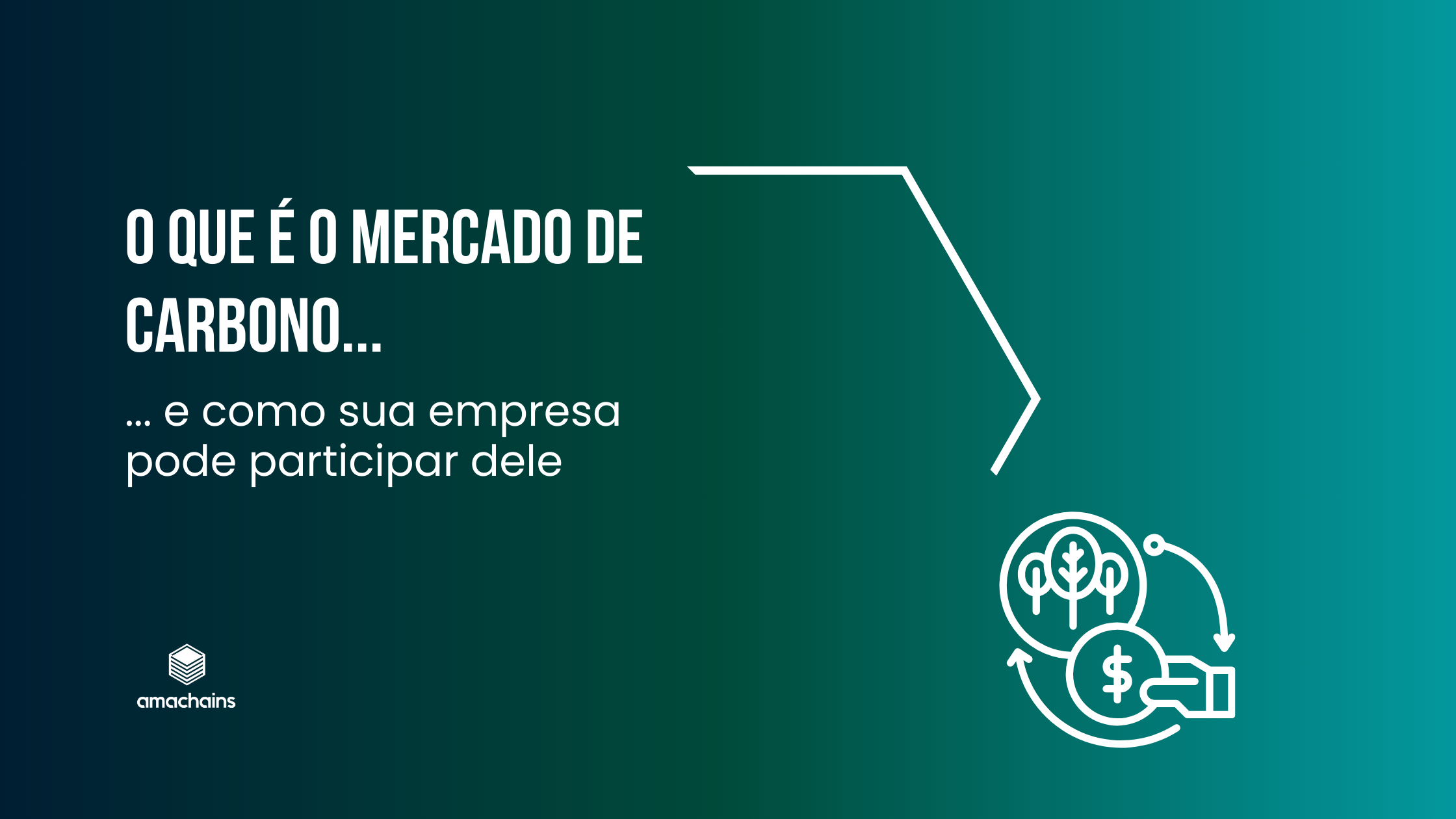To explain global warming we need to understand the greenhouse effect, which is a natural phenomenon and essential for life on Earth as we know it, but which has been altered by human action.
In fact, human development and its various revolutions, with emphasis on the industrial revolution, intensified the generation of gases such as carbon dioxide (CO²), methane (CH4), nitrogen oxides (NOx), water (H²O), halocarbons and many others that are called Greenhouse Gases (GHG). Although they are naturally present, the uncontrolled increase in their occurrence on the planet has been proven to be caused by human action.
Excess Greenhouse Gases (GHG) increase the resistance of infrared radiation to breaking through the Earth's protective greenhouse effect, which consequently increases the planet's surface temperature beyond the normal average of 15ºC.
The effects of this increase in temperature are felt everywhere on our planet, by all living beings, without exception. The most visible effects are the melting of glaciers, acidification of the oceans, and rising ocean levels and temperatures. But the most deadly and costly visible effects for humanity are those related to extreme weather events, such as strong heat or cold waves, even out of season, and increased frequency and intensity of hurricanes, typhoons and storms. All of these effects cause trillions of dollars in losses for humanity.
Among the main human activities that generate greenhouse gases are: the burning of fossil fuels such as diesel, gasoline and coal, livestock production, especially cattle, land use with its deforestation, burning and others, the use of chemical pesticides and the high consumption of water and nitrogen fertilizers, all for food production.
Brazil is currently in 4th place among the countries that emit the most greenhouse gases (GHG) with a total of 112.9 trillion tons of carbon (CO²) from 1850 to 2021, according to research on the historical accumulation of carbon gas emissions by the world's biggest polluters. think tank international Carbon Brief, with 2,426 million tons of CO²e being emitted in 2021 alone, according to the Greenhouse Gas Emissions Estimation System – SEEG of the Climate Observatory.
According to SEEG, Brazilian agribusiness is responsible for 24.8% of total emissions, corresponding to 600.8 million tons of CO²e in 2021.
Humanity has entered a new era, the climate revolution, and agribusiness needs to do its part in the search for mitigating climate risks associated with carbon equivalent (CO²e).
Access below:








